
Bolivia revises down gas reserves, fixes gas line
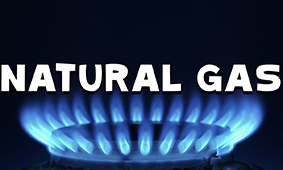
Proven reserves are 8.95 Tcf (254bn m³) as of the end of 2017, rather than 10.7 Tcf as the previous government had asserted, based on the same data from Canadian consultancy Sproule.
The difference lies in the economic viability of the resources, according to local hydrocarbons industry officials. Sproule could not be reached for comment.
Conservative senator Jeanine Anez assumed the presidency of Bolivia following the resignation of longtime president Evo Morales, who fled to Mexico. Anez is rolling back Morales-era nationalist economic policies and shifting the landlocked country onto a pro-investment track.
Violent resistance from Morales supporters in La Paz and Cochabamba has largely died down and new elections are planned for around the second quarter of 2020.
The 100mn cf/d Carrasco-Cochabamba domestic gas pipeline (GCC) that was sabotaged in late November returned to service today, state-owned YPFB Transporte told Argus. Repairs and testing were completed this morning, and the nomination process is underway.
The GCC supplies the western Bolivian departments of La Paz, Cochabamba and Oruro. Among the industrial offtakers is the 700,000 t/yr Bulo Bulo urea and ammonia plant in Cochabamba.
Bolivia's main source of income are pipeline gas exports to Brazil and Argentina. Neither was affected by the unrest that first broke out after tainted 20 October elections that Morales claimed to have won. YPFB's long-term supply contract with its Brazilian counterpart Petrobras expires in December, and will likely be renewed at a lower level.
By Patricia Garip


Codelco seeks restart at Chilean copper mine after collapse

Uzbek gold miner said to eye $20 billion value in dual listing

Hudbay snags $600M investment for Arizona copper project

BHP, Vale offer $1.4 billion settlement in UK lawsuit over Brazil dam disaster, FT reports

Peabody–Anglo $3.8B coal deal on the brink after mine fire

Minera Alamos buys Equinox’s Nevada assets for $115M
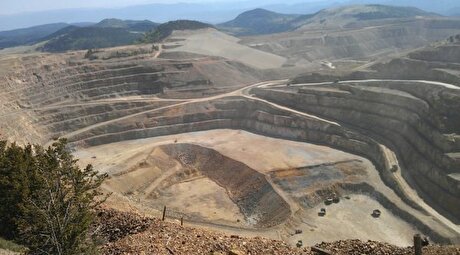
SSR Mining soars on Q2 earnings beat

Century Aluminum to invest $50M in Mt. Holly smelter restart in South Carolina

A global market based on gold bars shudders on tariff threat
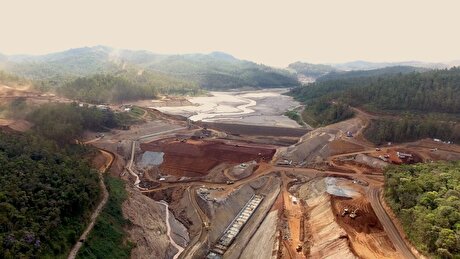
Samarco gets court approval to exit bankruptcy proceedings
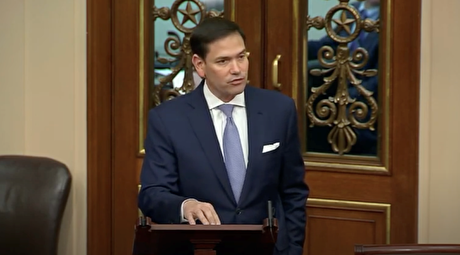
US eyes minerals cooperation in province home to Reko Diq
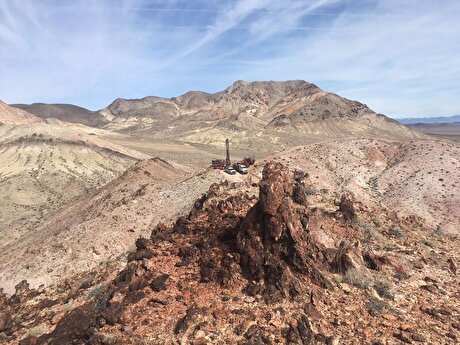
Allegiant Gold soars on 50% financing upsize
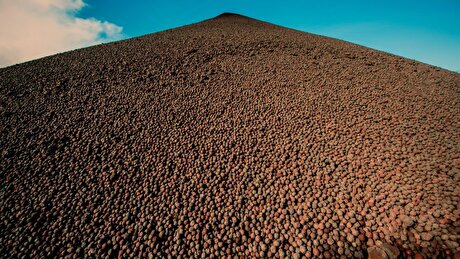
Explaining the iron ore grade shift

Metal markets hold steady as Trump-Putin meeting begins

Trump to offer Russia access to minerals for peace in Ukraine

Gemfields sells Fabergé luxury brand for $50 million

Gold price stays flat following July inflation data
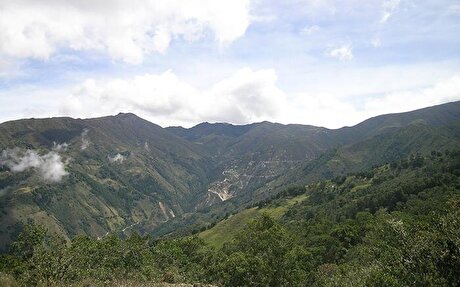
Eco Oro seeks annulment of tribunal damage ruling
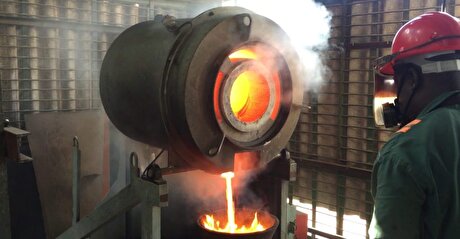
Zimbabwe labs overwhelmed as gold rally spurs exploration, miner says

Samarco gets court approval to exit bankruptcy proceedings

US eyes minerals cooperation in province home to Reko Diq

Allegiant Gold soars on 50% financing upsize

Explaining the iron ore grade shift

Metal markets hold steady as Trump-Putin meeting begins

Trump to offer Russia access to minerals for peace in Ukraine

Gemfields sells Fabergé luxury brand for $50 million

Gold price stays flat following July inflation data

Eco Oro seeks annulment of tribunal damage ruling














